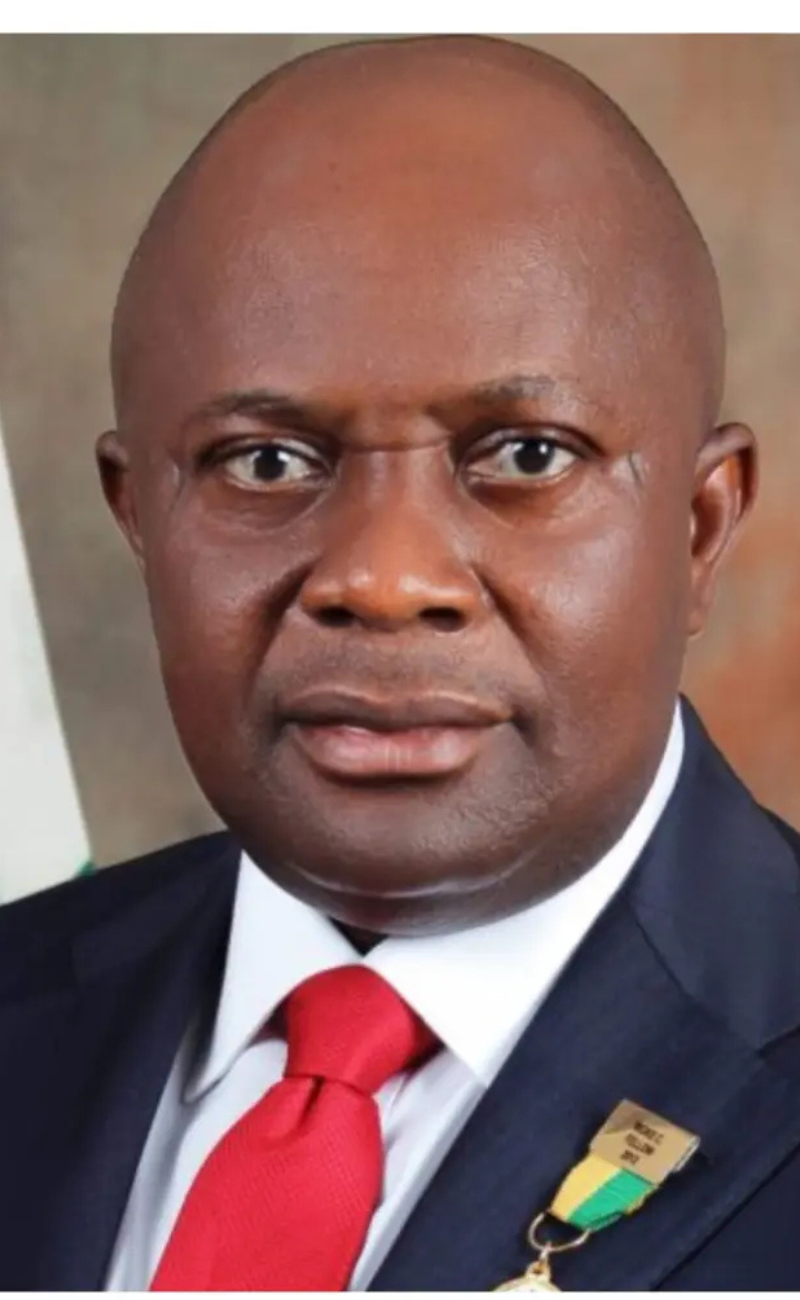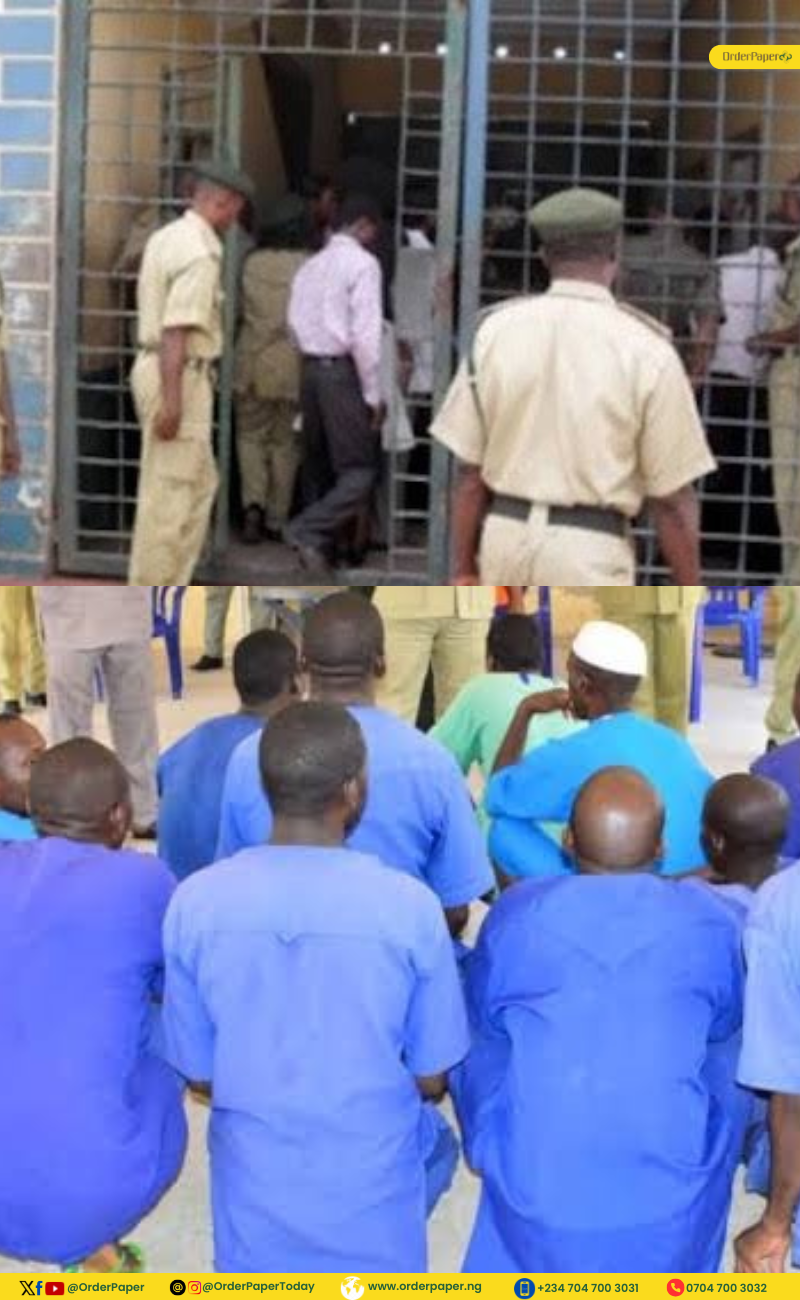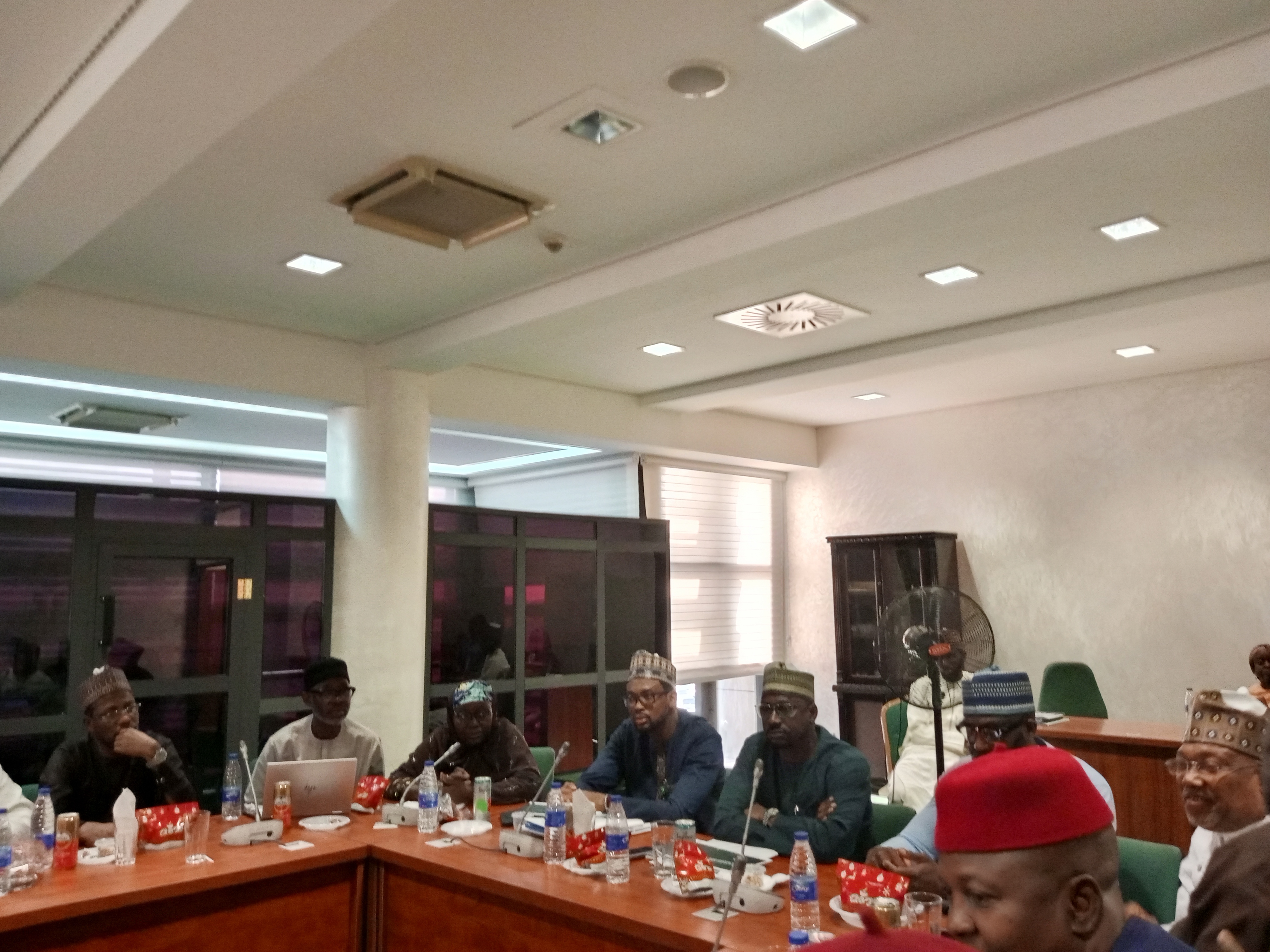While Nigerians groan over labour unionists’ shutdown of the national grid, the Senate focused on several issues that need to be resolved in the proposed new minimum wage.

The nation has been in total blackout for over 24 hours amidst the ongoing labour strikes. Given the cost of alternative sources of energy, businesses and citizens have called for an end to the hardships caused by the persisting power outage. However, while it was expected that the Senate would take action on the national grid shutdown by labour unionists, the Red Chamber merely described it as economic sabotage rather than agitation for a new minimum wage.
The Senate however assured of its support for the passage of the new minimum wage bill, which will be sent to the National Assembly for legal backing whenever organised labour and the Federal Government conclude negotiations on it.
The President of the Senate, Godswill Akpabio, gave the assurance during Tuesday’s plenary after hearing that the Nigeria Labour Congress (NLC) and the Trade Union Congress (TUC) had suspended their industrial action since Monday, June 3rd, before Akpabio’s assurance, the Chairman of the Senate Committee on Labour and Employment, Senator Diket Plang (APC, Plateau Central), had moved a motion on the ‘Urgent Need For The Organised Labour Unions To Call Off Their Industrial Action.’
However, the Deputy Senate President, Jibrin Barau, announced the news of the strike’s suspension during the motion presentation, thereby suspending all the prayers on the motion.
READ ALSO: Minimum Wage: After hours of deliberations with NASS, Labour insists on strike
Akpabio, after that, stressed several issues that needed to be resolved regarding the new minimum wage, including the possible reduction of workers if the new wage figure was “too high” for employers to afford.
According to him, some employers and local governments have not paid the current N30,000 minimum wage.
He said, “They will look at many variables, including capacity to pay and the ability of states, local governments, and the private sector to pay.
“They will also be looking at the fact that if the minimum wage is too high, then the possibility of reduction of workers will occur.
“I think they will take a comparative analysis to know how many states could pay the last minimum wage that this parliament fixed as an Act of N30,000.00. How many local governments were able to pay, and how many employers were able to pay?
“We’ll be looking at those things because it’s important that holistic approach be looked at, and I have taken the suggestion that we should not rest until we arrive at an amicable resolution of the issue and that the National Assembly should also continue to make its own contributions towards the ongoing negotiations.
“On our part, we will continue to do our best by making contributions and at the same time awaiting the incoming Bill on Minimum Wage for us to enact for the benefit of all Nigerians.”
“On that note, I want to thank the Nigerian Labour Congress and the Trade Union Congress for listening to the voice of Nigerians and the international community by calling off the strike to enable negotiations to continue and we wish them well in the negotiations.”



